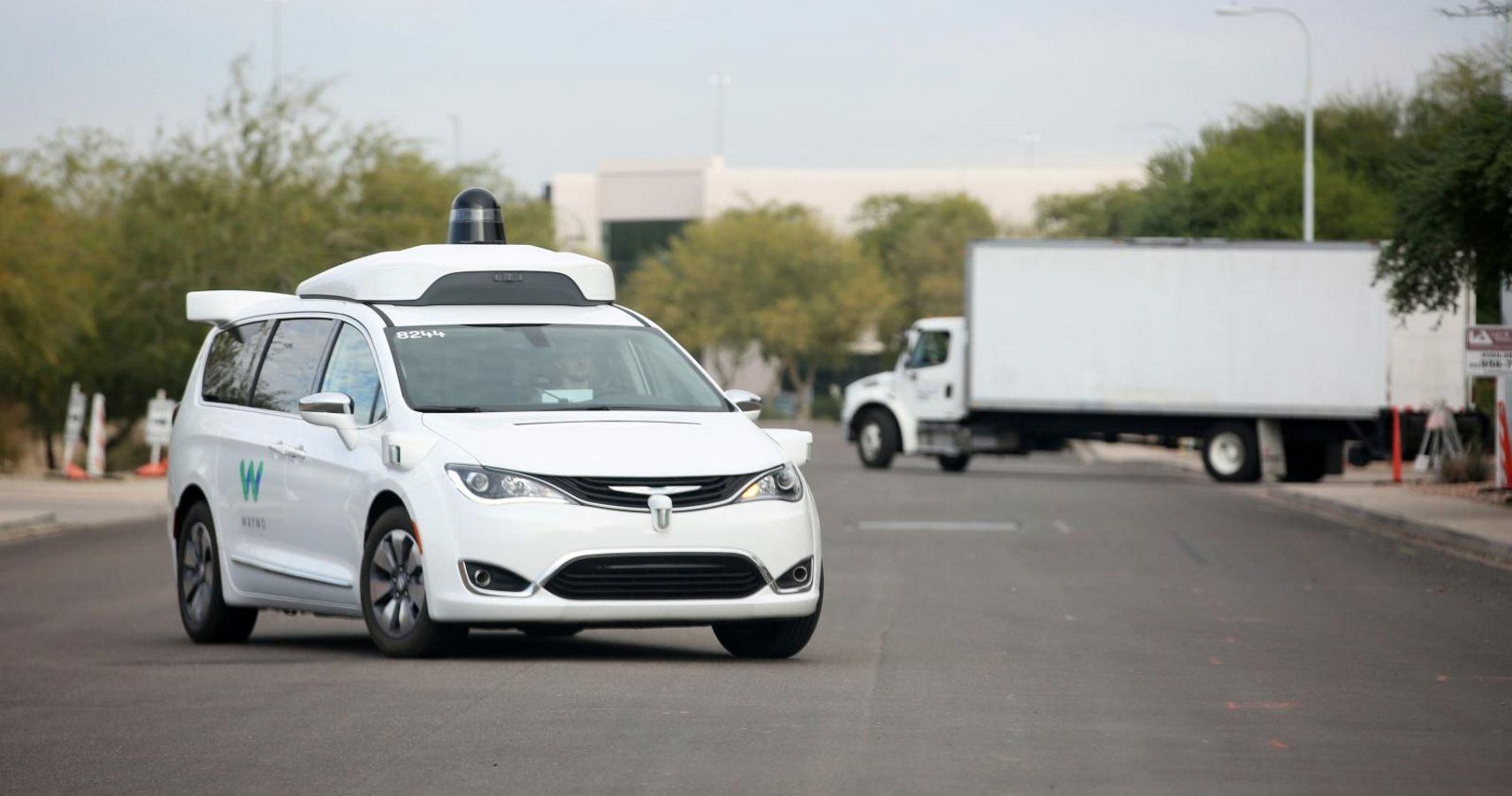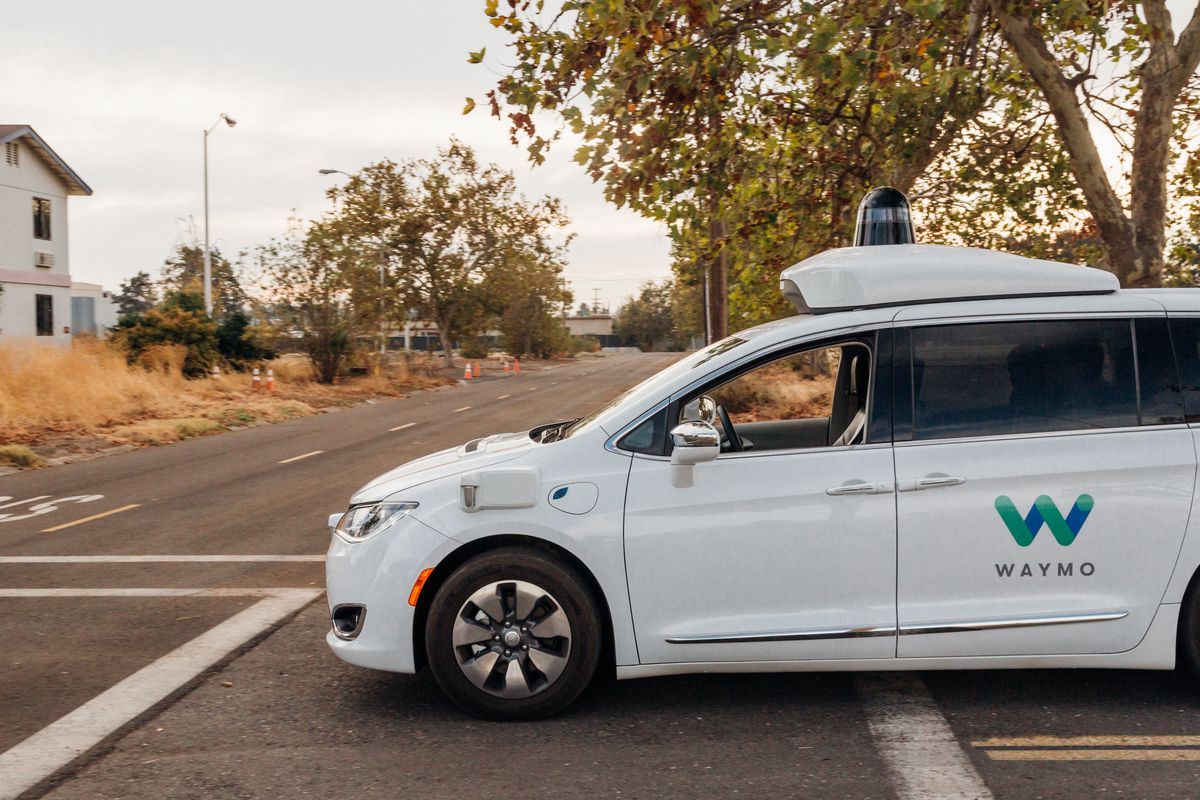Some Arizona residents aren’t too happy about Waymo’s autonomous test vehicles on their roads, and they’re lashing out.
Google first arrived in Chandler, Arizona way back in early 2017, bringing Waymo with them. Waymo was once its own company but was later bought by Google and turned into their autonomous vehicle division.
By all accounts, they’ve made some remarkable progress in the field of self-driving cars. So much so that other car manufacturers are looking at Google as their main competitor in the future markets of autonomous vehicles.
But we’re not quite there yet, and so testing continues in the sleepy town of Chandler. And even though Waymo got the city’s permission, some residents don’t like all these newfangled self-driving cars in their backyard, and those residents are becoming ornery enough to fight back.
According to a report from the New York Times, Waymo self-driving vehicles have been attacked at least 21 times over the past 2 years. Those attacks range from throwing rocks and slashing tires to trying to run the AI-driven vehicles off the road.
One guy even pulled a .22 revolver on a Waymo driver and threatened to shoot if Waymo didn’t get out of town. He was later arrested.
Why all the hate? Well, plenty of residents see Waymo as a threat, not only to their personal safety but also to jobs. Douglas Rushkoff, a media theorist at City University in New York, told The Times that residents also see big corporations like Google as being out to get them.
RELATED: THE BIGGEST PLAYERS IN SELF-DRIVING CARS ARE ALL FACING SETBACKS
“There’s a growing sense that the giant corporations honing driverless technologies do not have our best interests at heart,” Mr. Rushkoff said. “Just think about the humans inside these vehicles, who are essentially training the artificial intelligence that will replace them.”
Strangely, Waymo is reluctant to press charges against their attackers. It’s speculated that Waymo doesn’t want to further disrupt their testing by getting involved in legal hassles. They’re also very sensitive to bad publicity, which the company will need to avoid if they plan to roll out their services in more metropolises across the country.
But this ignores one thorny issue, and that each Waymo vehicle still has a real, live human being behind the wheel in case of emergencies, and these attacks are putting their lives at risk. A Waymo spokesperson responded to The Times to say that “safety is the core of everything we do,” but declined to state what steps they’d take to ensure their emergency drivers’ safety.
NEXT: AUDI PARTNERS WITH ISRAELI STARTUP FOR AUTONOMOUS VEHICLES


